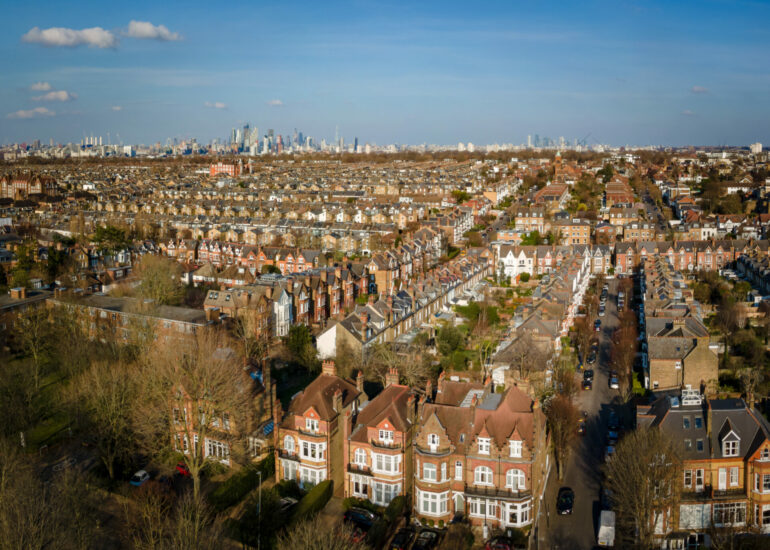The Centre for London, a prominent think tank, has highlighted severe inadequacies in London’s housing market, with a significant number of the city’s residents struggling with poverty post-housing costs.
The number of households awaiting social housing has exceeded 300,000, and rough sleeping has seen a 50% increase over the past decade.
The think tank identifies three key areas for remedial action to alleviate the crisis. The first involves increasing the number of homes in London to meet the demands of a growing population, through both densification and sustainable expansion.
The second area focuses on creating a fairer housing market, especially for renters with low incomes, and involves capturing a greater share of the land value generated by public investment.
The third and final area calls for a shift towards long-term housing planning, advocating for sustained investment over-reliance on short-term grants.
Failure to address these issues could lead to dire consequences, including the migration of key and skilled workers from the capital, diminished disposable income with consequent economic effects, and heightened financial pressure on councils due to the cost of temporary accommodation.
The Centre for London stresses that housing should be regarded as critical infrastructure, essential for societal and individual well-being. To effectively tackle issues of affordability and homelessness, there is a need to significantly increase home construction.
The goal is to double the number of homes built annually, from 34,000 to 74,000, over a span of 15 years. Achieving this target calls for a coordinated approach involving government collaboration with the private and third sectors.
Among the key recommendations, the Centre for London suggests that the Mayor and national Government should set up Development Corporations for strategic development in selected Green Belt areas, ensuring compensation for any environmental impact.
This approach could potentially yield between 1.7 and 2.1 million new homes, while still creating new public green spaces.
Additionally, there is a call for the national government to increase its investment in the Affordable Homes Programme to £15.1bn annually.
This would support the construction of 90,000 social homes each year across England, with a significant portion in London.
The establishment of an Affordable Housing Commission is recommended to manage housing grants over 10-year periods, aligning funding with housing needs and preventing political diversion of funds.
Other recommendations include annually indexing the Local Housing Allowance to rental prices to ensure adequate support against rising costs and ending the Right to Buy scheme to maintain public ownership of social homes.
Furthermore, the Centre for London advocates for devolving control over property taxes to London, enabling the Mayor to implement a more equitable tax model, such as proportional property tax.



